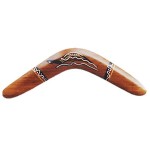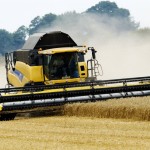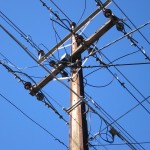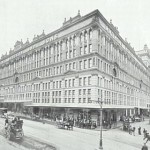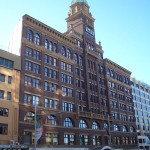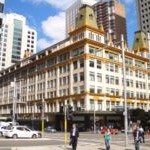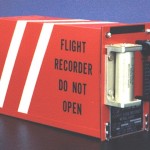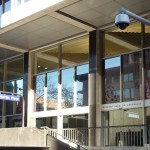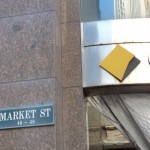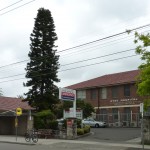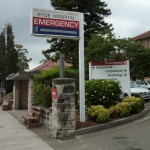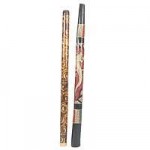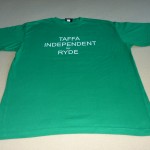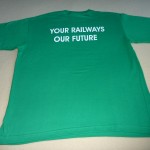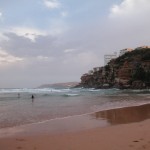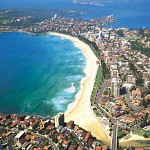Julia Gillard: a political dill- article by Bob Ellis
Bob Ellis
Is Julia Gillard a brilliant parliamentary performer, likely soon to be Prime Minister? Or is she a political dill who should be removed from the Ministry and quickly deselected? Since I tend to the latter view I will be brief.
She organised the numbers for Crean against Beazley in June 2003 and thus lost the 2004 election. She organised the numbers for Latham against Rudd and Beazley in December 2003 and thus cost Labor five more seats in 2004. After Latham’s spontaneous combustion she urged him to stay on as Leader; and after he’d quit parliament, denounced Whitlam and cursed most of his colleagues in print, kept in sympathetic touch with him and prolonged his suicidal bender.
She then intrigued against her leader Kim Beazley, mustering the numbers to depose him when Labor was on 54 %, and installed herself and Rudd as the leadership team that won with 52.7 %.
She sought the Shadow Treasurership, a stupid move that would have lost Labor, had she got it, the 2007 election or come close. She got instead Employment, Workplace Relations, Education and Social Inclusion, a massive workload, after which a good deal of serious trouble began.
Ignoring what the unions had done, spending tens of Millions and working long hours to see Labor elected, she determined to humiliate them. She kept a great deal of Howard’s WorkChoices for a long, long time and persecuted certain unionists, denying them their civil rights. This was seen by the unions, Labor’s saviours, as grossly disloyal and ungrateful, and punishable in the future.
She spent a lot of money putting her name up on school walls, adding gymnasiums that weren’t needed to schools that didn’t want them, and lavishing hundreds of millions on private schools who put their fees up anyway. She thus overspent her budget by 1.5 Billion (a fine Treasurer she would have made) and recouped some of the lost money by cancelling help to crippled Aboriginal children.
She attacked a Ku Klux Klan cartoon in an Indian newspaper a week after an Indian student was knifed and a day before another one was set on fire. She toured India claiming students were safe here, after which things got worse.
She adopted a style in Question Time like Margaret Thatcher’s, of lofty amusement. She never, ever admitted a mistake. She has shown for three years of Question Time no recognisable human characteristic whatever. She plays a mocking goddess, and she does it very well: what fools these mortals be. She has agreed to go on television once a week with Tony Abbott, who plays a genial rogue very well, and will defeat her in two encounters out of three because he can always admit when he is wrong and she cannot.
Last Wednesday she said Australia’s carbon emissions reduction level would stay at 5 %, thus probably losing Labor the Greens’ preferences in the 2010 election. Bob Brown had asked to negotiate a bill he might get through the Senate for them and she flung the offer in his face.
On Tuesday she accused Tony Abbott of standing by teenage girls’ beds to see if they were having sex before marriage or not. This annoyed the Half Million Muslim and Two Million Catholic Labor voters who agree with Abbott that virginity is precious and shouldn’t be squandered on ne’er-do-wells. She said it was none of any politician’s business what girls did in their bedrooms (or, it would seem, at what age) though parliamentary votes on abortion, marijuana and alcopops were apparently okay because she took part in them.
She likes to laugh merrily about most issues, which makes us wonder if she is a serious person.
Worst, however, was what she did last week. Knowing that teachers are the best allies Labor has got, she determined to humiliate every last one of them by publishing in a website the comparative literacy and numeracy rates of different schools and saying if the rate was low it was the teachers’ fault.
She left out of this calculation the relative numbers of Asian students who were learning a different alphabet, the relative numbers of refugee African students whose families had been murdered and were traumatised, the relative numbers of Aboriginal students born deaf, or nearly deaf, or with foetal alcohol syndrome, the relative numbers of impoverished students whose unemployed fathers beat their mothers, and so on. She blamed the teachers for all results in all communities, whatever the cause.
In this, she mightily erred. Teachers are the best, most selfless people there are (apart from, possibly, nurses and AIDS workers) with the most important job there is, of saving the souls of children and building out of rough materials civilised human beings – on, as a rule, half a taxi drivers income. They spread, as a rule, Labor’s humanist values and hand out Labor leaflets on election day. And Julia Gillard has just attacked the lot of them with this fool scheme, and shamed the lot of them, unjustly.
She has not thought this through. She imagines that all school choices made by parents are future choices. She does not understand that they involve, now, thanks to her, taking their kids out of a school where their friends are, and bussing them long miles to a ‘better’ school, which, because of her list will become overcrowded and worse. This interruption to their lives may do them more harm than leaving them where they are – happy, among friends, with teachers and teammates they are bonding with, and a playground they call home.
She hasn’t bent her mind to any of this. She hasn’t thought, too, how easy it is for a private school long practised in propaganda to cheat the statistics, to claim a higher annual average for history studies, say, or English expression, by marking its own pupils up. She talks of parents ‘discussing’ with headmasters the school’s flagging standards and by a miracle uplifting these standards in a month or two. How unrealistic is this? How stupid is this?
And how anti-Labor is this, to start a process which will double the population of private schools and simultaneously deride most state schools and shame them, shame them unjustly, and deplete their numbers? And put them in danger of being closed and sold up for real estate like two hundred Victorian schools were by Kennett, which cost him, of course, the election.
She hasn’t thought this through. She hasn’t understood how hard it is to predict which high school will win at football, or win the debating competition, or the Big Band competition, or the Spelling Bee or the Chifley Award in any year. She hasn’t understood that each high school will have three new teachers this year, and three more next year, who might make all the difference, and a different headmaster the year after, who might make all the difference, or not.
She hasn’t understood how many lives of crime are prevented by a good teacher in a ‘bad’ neighbourhood and how this, too, is valuable, not just academic statistics on a website. She hasn’t understood how good some teachers are at dealing with dyslexia and epilepsy, and low levels of autism, and with pupils whose families have suffered mightily in civil wars and police states, and that defining their schools and pupils as ‘innumerate’ and ‘illiterate’ and the teachers themselves as incompetent is wrong at its heart, and misleading at its heart, and deeply unfair.
Can you compare a good teacher of autistic pupils who score poorly academically, with a good teacher of private school pupils who score well academically, and say the latter is a better teacher than the former? Of course you can’t. Yet it is this kind of ’standard’ she is applying across the nation.
It’s all very well to say ‘all information is good’, but it isn’t. This is why we never publish the names of juvenile offenders, or the sexual history of rape victims, or the names of tsunami victims before their families are told. This is why we don’t let onto juries people who have read sensational headlines of the case they are judging before the trial begins.
By this fool scheme, which will bring discontent to eighty per cent of Labor-voting parents and ninety-eight per cent of Labor-voting teachers she has lost, outright, for good and all I think, the 2010 election and lost Labor power, federally and in most of the states, for another eight or nine years if not forever.
I ask that she be sacked and deselected.

 RSS feed
RSS feed 




